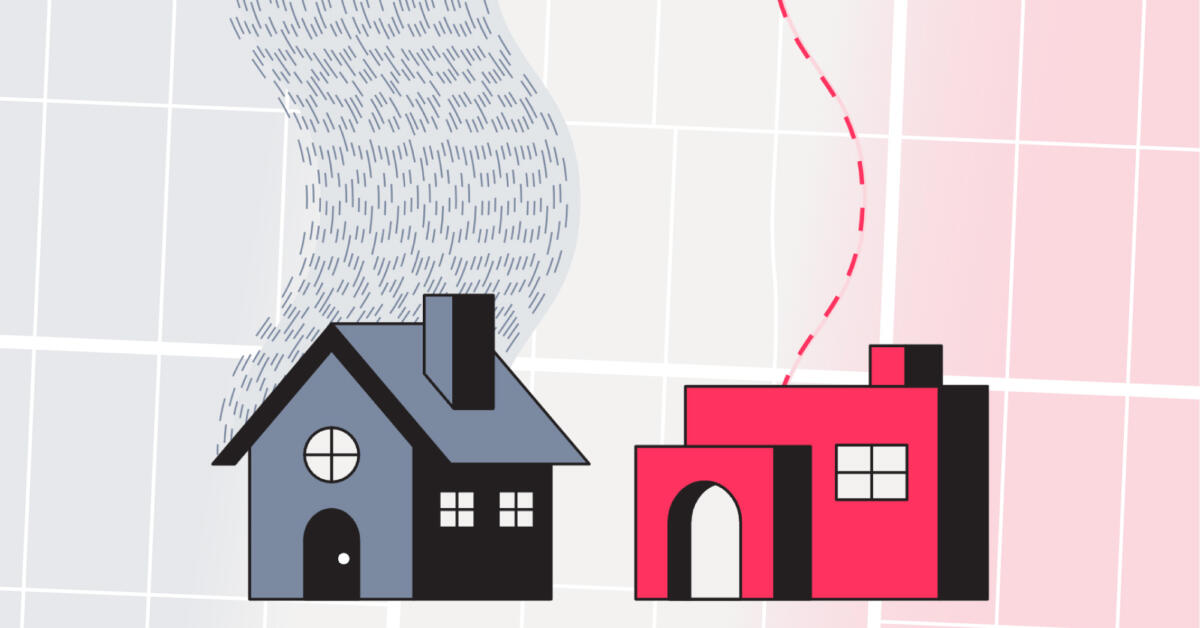
Structural Racism knows no bounds.

Dollars to Megabits, You May Be Paying 400 Times As Much As Your Neighbor for Internet Service – The Markup
An investigation by The Markup found that AT&T, Verizon, EarthLink, and CenturyLink disproportionately offered lower-income and least-White neighborhoods slow internet service for the same price as speedy connections they offered in other parts of town
In her area, AT&T only offers download speeds of 1 megabit per second or less, trapping her in a digital Stone Age. Her internet is so slow that it doesn’t meet Zoom’s recommended minimum for group video calls, doesn’t come close to the FCC’s definition of broadband, currently 25 Mbps, and is worlds below median home internet speeds in the U.S., which average 167 Mbps.
↩︎ link
“In my neighborhood, it’s terrible,” Neville said.
But that’s not the case in other parts of New Orleans. AT&T offers residents of the mostly White, upper-income neighborhood of Lakeview internet speeds almost 400 times faster than Neville’s—for the same price: $55 a month.
The vast gulf between the quality of service AT&T offered these neighborhoods for the same cost is not a fluke.
The Markup gathered and analyzed more than 800,000 internet service offers from AT&T, Verizon, Earthlink, and CenturyLink in 38 cities across America and found that all four routinely offered fast base speeds at or above 200 Mbps in some neighborhoods for the same price as connections below 25 Mbps in others.
The neighborhoods offered the worst deals had lower median incomes in nine out of 10 cities in the analysis. In two-thirds of the cities where The Markup had enough data to compare, the providers gave the worst offers to the least-White neighborhoods.
These providers also disproportionately gave the worst offers to formerly redlined areas in every one of the 22 cities examined where digitized historical maps were available. These are areas a since-disbanded agency created by the federal government in the 1930s had deemed “hazardous” for financial institutions to invest in, often because the residents were Black or poor. Redlining was outlawed in 1968.
By failing to price according to service speed, these companies are demanding some customers pay dramatically higher unit prices for advertised download speed than others. CenturyLink, which showed the most extreme disparities, offered some customers service of 200 Mbps, amounting to as little as $0.25 per Mbps, but offered others living in the same city only 0.5 Mbps for 400 times as much—$100 per Mbps.


 with broadband speeds.
with broadband speeds.